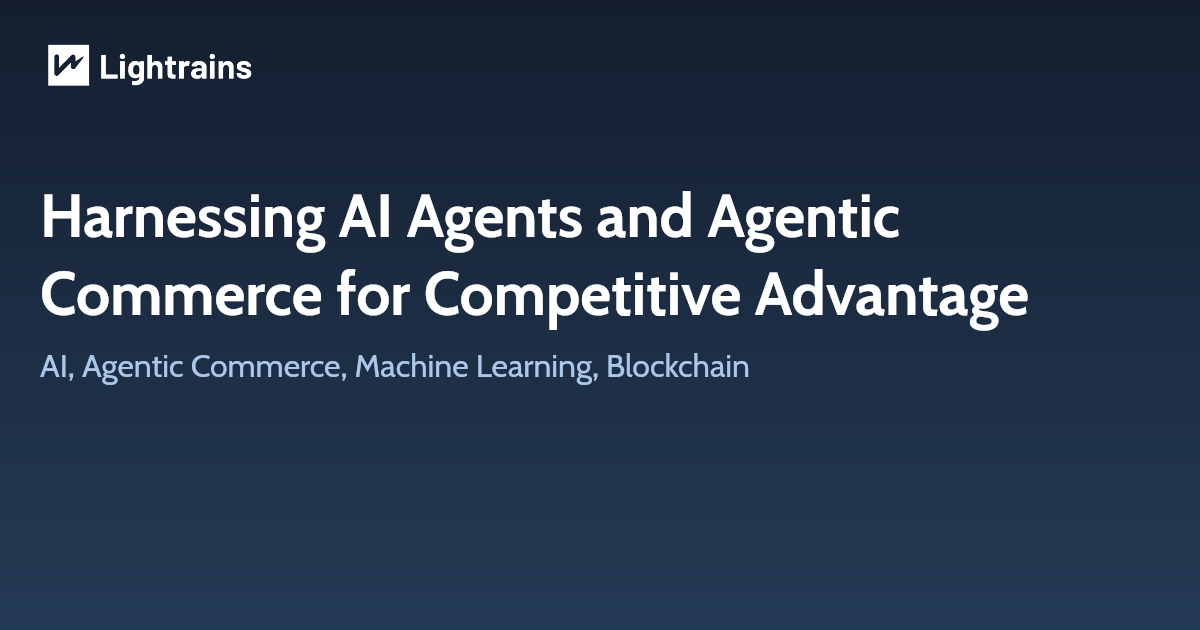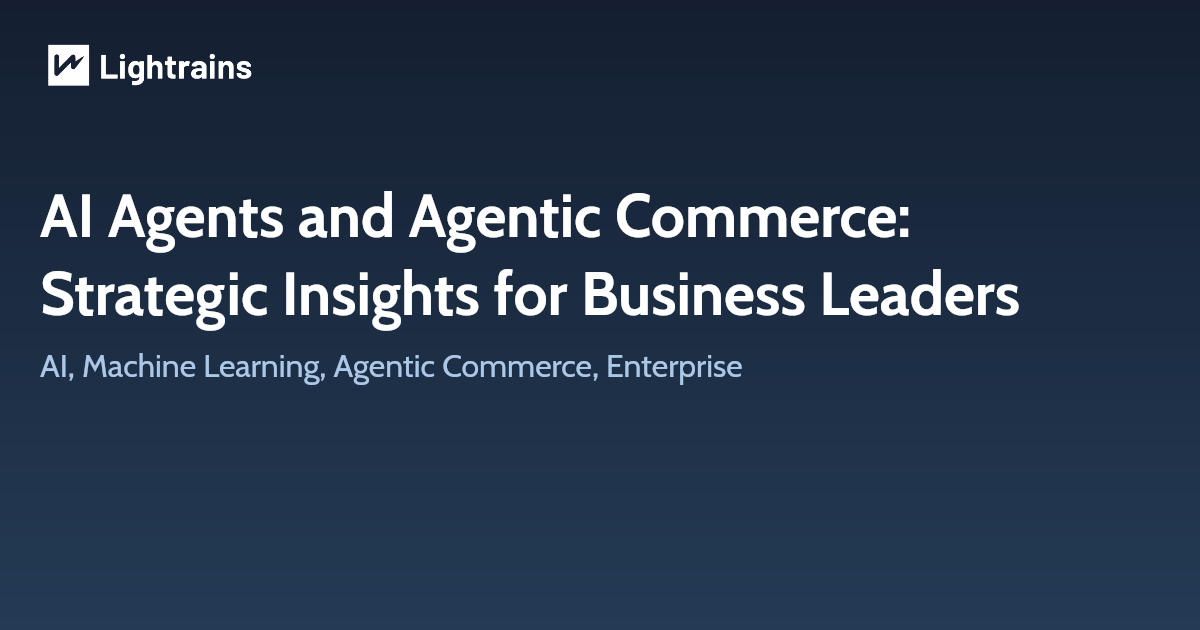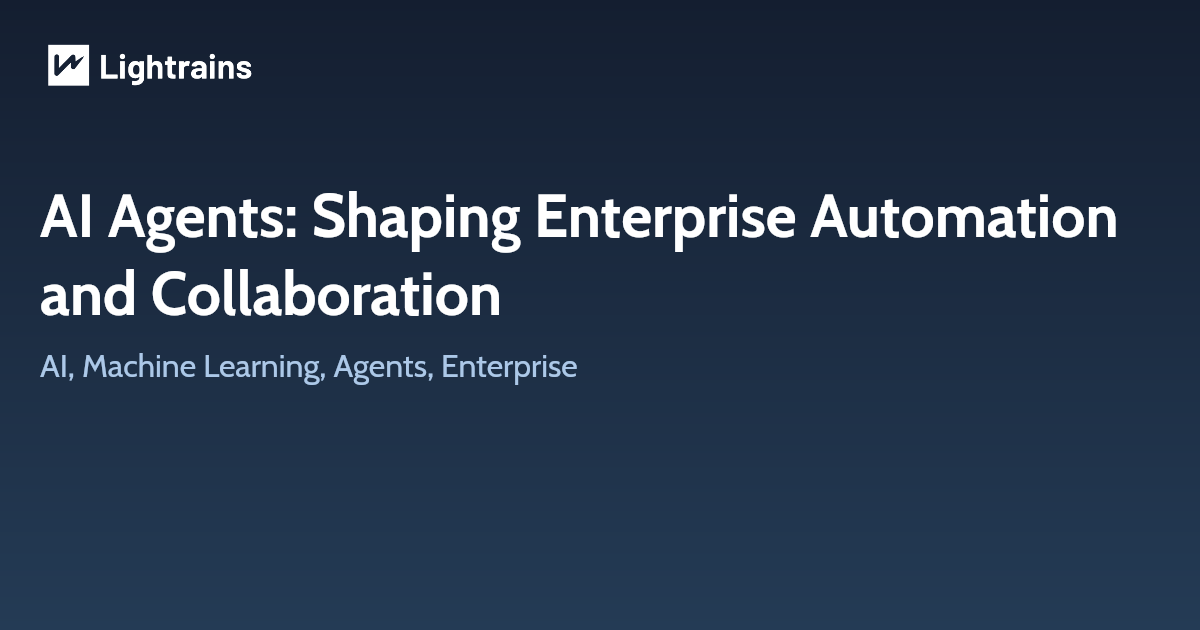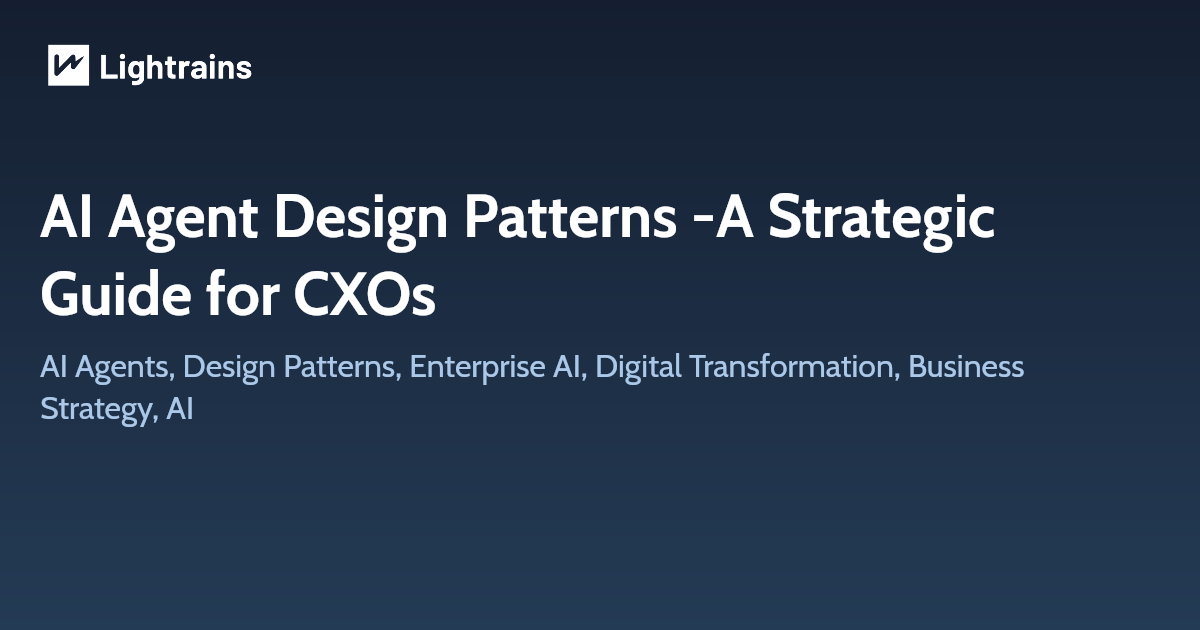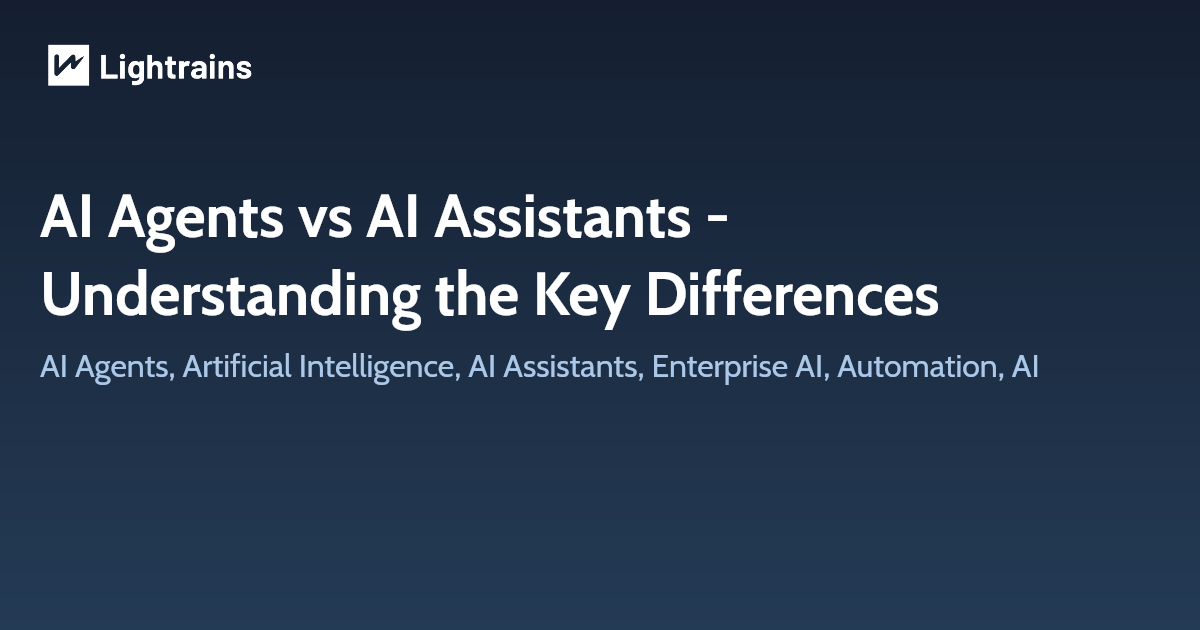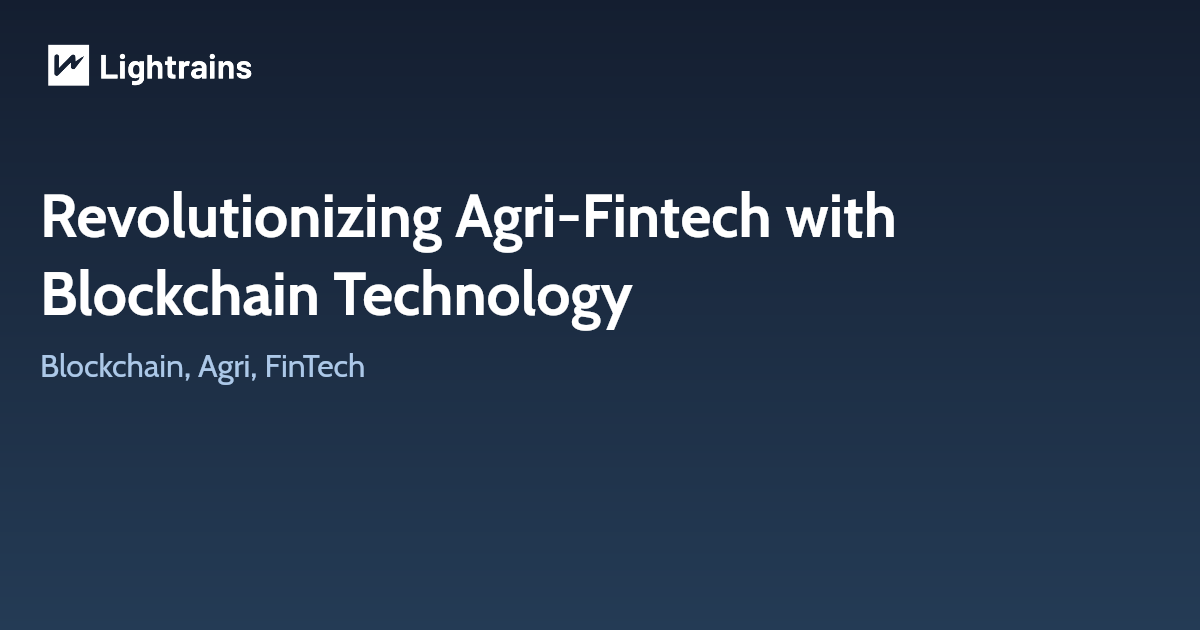
Blockchain technology has revolutionized the financial sector, and now it’s set to do the same for agriculture. Agricultural finance, or agri-finance, has traditionally been a complex and time-consuming process that involves a lot of paperwork and intermediaries. However, blockchain technology can change all that. With its ability to provide transparency, immutability, and security, blockchain technology can make agri-finance more efficient and accessible to farmers and investors alike. According to a report by MarketsandMarkets, the global blockchain in agriculture and food supply chain market size is expected to grow from $60 million in 2018 to $429 million by 2023, at a Compound Annual Growth Rate (CAGR) of 48.1% during the forecast period. This growth is attributed to the increasing demand for supply chain transparency, enhanced food safety, and the increasing adoption of blockchain technology by retailers and growers. In this post, we will explore how blockchain technology is revolutionizing agri-fintech, the benefits it provides to farmers and investors, and the challenges it faces in its implementation. Read on to learn how this innovative technology is changing the face of agriculture.
1. Introduction to the concept of Agri-Fintech and its significance
Agri-Fintech is an innovative concept that has taken the agricultural sector by storm. It is the integration of agricultural practices and financial technology to deliver more efficient and effective agricultural solutions. Agri-Fintech is transforming the agriculture industry by providing farmers and agribusinesses with access to financial services that were previously unavailable.
The significance of Agri-Fintech in the agricultural sector cannot be overstated. Farmers and agribusinesses have long faced challenges in accessing financial services, including insufficient collateral, poor credit history, and high interest rates. This has made it difficult for them to access the capital needed to grow their businesses, invest in new technologies and improve their operations.
Agri-Fintech has the potential to resolve these challenges by leveraging technology to create new financial products and services that are tailored to the specific needs of the agriculture industry. By enabling farmers and agribusinesses to access credit, insurance, and other financial services, Agri-Fintech is driving growth, increasing productivity and profitability, and enhancing the overall sustainability of the sector.
In summary, Agri-Fintech is a game-changer for the agricultural sector, and its significance cannot be ignored.
The integration of financial technology with agricultural practices is revolutionizing the industry and unlocking new opportunities for farmers and agribusinesses.
2. What is Blockchain Technology, and how does it work?
Blockchain technology is a distributed ledger technology that allows transactions to be recorded and verified in a secure and transparent manner. The technology is based on a decentralized network that is not owned or controlled by any single entity. Instead, it is operated by a network of users who are all responsible for maintaining the integrity of the blockchain.
The blockchain is made up of a series of blocks, each containing a unique set of transactions. Each block is connected to the previous block in the chain, creating an unbroken chain of transactions that can be traced back to the very first block.
The key to blockchain’s security is its consensus mechanism, which ensures that all transactions are verified by multiple participants in the network. Once a block is added to the chain, it cannot be altered or deleted, creating a permanent and tamper-proof record of all transactions.
In the context of agri-fintech, blockchain technology can be used to create a secure and transparent system for tracking the flow of goods and money throughout the supply chain. This can help to reduce fraud, increase efficiency, and improve the overall transparency of the system.
Overall, blockchain technology has the potential to revolutionize the way that agri-fintech operates, providing a secure and transparent platform for farmers, lenders, and other stakeholders to engage with one another.
3. The role of Blockchain Technology in Agri-Fintech
Blockchain technology has the potential to revolutionize the agri-fintech industry by streamlining transactions and increasing transparency. The technology works by creating a decentralized database that is completely secure and transparent, so all parties involved in a transaction can see what is happening in real-time. This means that there is no need for intermediaries, which reduces the overall cost of transactions and increases efficiency.
One of the key advantages of blockchain technology is its ability to create smart contracts. These are self-executing contracts that are stored on the blockchain and automatically enforce the terms and conditions of the contract. For example, a smart contract could be used to automatically pay a farmer when their crop is harvested, based on pre-agreed conditions such as quality and quantity.
Another advantage of blockchain technology is that it can be used to create digital identities for farmers and other stakeholders in the agri-fintech industry. These identities can be used to track the provenance of crops and ensure that they were grown in an ethical and sustainable way. This is increasingly important for consumers who are looking for more transparency in the products they buy.
Overall, the role of blockchain technology in agri-fintech is set to increase as more companies look to harness its potential. It has the potential to create a more efficient and transparent industry, which benefits everyone involved, from farmers to consumers.
4. Benefits offered by the adoption of Blockchain Technology in Agri-Fintech
The adoption of blockchain technology in agri-fintech offers several benefits that can revolutionize the industry. Firstly, it provides transparency and traceability throughout the supply chain. With blockchain, every stage of the supply chain can be recorded and tracked, from the farm to the consumer. This means that customers can be assured of the authenticity and quality of the produce they are buying, while farmers and suppliers can prove the origin and quality of their products to potential buyers.
Secondly, blockchain technology can reduce transaction costs and increase efficiency. By removing intermediaries and enabling direct transactions between buyers and sellers, blockchain can reduce the costs associated with traditional payment and settlement systems. This means that farmers and suppliers can receive payments faster and at a lower cost, while buyers can purchase produce at a lower price.
Thirdly, blockchain technology can enable the creation of smart contracts, which are self-executing contracts with the terms of the agreement between buyer and seller being directly written into lines of code. This can help to automate the payment and settlement process, reducing the risk of fraud and errors.
Finally, blockchain technology can facilitate the creation of new financial products and services for farmers and suppliers, such as crop insurance and microloans. By providing a secure and transparent record of transactions, blockchain can help to create a more reliable credit history for farmers and suppliers, making it easier for them to access financial services.
Overall, the adoption of blockchain technology in agri-fintech has the potential to revolutionize the industry by providing greater transparency, efficiency, and access to financial services for farmers and suppliers.
5. Use cases of Blockchain Technology in Agri-Fintech
Blockchain technology has the potential to revolutionize the agri-fintech industry in various ways. Here are some of the use cases of blockchain technology in agri-fintech:
-
Supply chain management: Blockchain technology can help to increase transparency and traceability in the supply chain. By using blockchain, farmers, distributors, and consumers can track the source and journey of the products, ensuring the quality and safety of the food.
-
Financing: Farmers in developing countries often lack access to finance due to the lack of credit history and collateral. With blockchain technology, farmers can create digital identities and use them to secure loans from financial institutions.
-
Insurance: Crop insurance is essential to protect farmers from risks such as natural disasters and pests. However, the traditional crop insurance system is often slow and inefficient. By using blockchain technology, smart contracts can be used to automate the claims process, reducing costs and increasing the speed of payouts.
-
Land registry: Land ownership is a critical issue in many developing countries, where land disputes are common. Blockchain technology can be used to develop a secure and tamper-proof land registry system, ensuring that land ownership is transparent and immutable.
-
Trading platforms: Blockchain technology can be used to create decentralized trading platforms, enabling farmers to sell their products directly to consumers, eliminating intermediaries and reducing costs.
In conclusion, blockchain technology has the potential to revolutionize the agri-fintech industry by increasing transparency, efficiency, and security in various areas, from supply chain management to financing and insurance.
6. Future prospects of Blockchain Technology in Agri-Fintech
Blockchain technology has the potential to revolutionize the Agri-Fintech industry in many ways. Its transparency, security, and decentralized nature can bring about significant changes that can benefit both farmers and agribusinesses.
One of the most significant prospects of blockchain technology in Agri-Fintech is the creation of a transparent and secure system for tracking the supply chain of agricultural products. With blockchain, farmers can track the movement of their products from the farm to the end consumer, ensuring transparency and accountability at every stage. Blockchain technology can also facilitate the development of a decentralized credit scoring system, where farmers can access credit from a global pool of lenders without the need for intermediaries. This can significantly reduce the cost of credit for farmers and provide them with access to much-needed funding.
Another potential prospect of blockchain technology in Agri-Fintech is the creation of a marketplace for agricultural products, where farmers can sell their products directly to consumers without intermediaries. This can help farmers get a fair price for their products and reduce the cost of food for consumers. In conclusion, the prospects of blockchain technology in Agri-Fintech are vast and significant. Its ability to create transparency, security, and decentralization can bring about positive changes that can benefit farmers, agribusinesses, and consumers alike. As the technology continues to evolve, we can expect to see more innovative solutions that will revolutionize the Agri-Fintech industry.
7. The importance of collaboration in revolutionizing Agri-Fintech with Blockchain Technology
Collaboration is key to revolutionizing Agri-Fintech with blockchain technology. With multiple players involved in the agriculture and financial sectors, it is important for all parties to come together and work towards the common goal of improving the sector as a whole. Blockchain technology can help reduce fraud, increase transparency, and improve the efficiency of transactions in the agriculture sector. However, implementing blockchain technology requires a collaborative effort between farmers, financiers, and technology providers. Farmers need to be educated about the benefits of blockchain technology and how it can help them in their day-to-day operations. They also need to be able to access financing options that are transparent and fair.
Financiers, on the other hand, need to understand the unique challenges faced by farmers and develop financial products that are tailored to their needs. Additionally, technology providers need to work with both farmers and financiers to develop blockchain solutions that are easy to use and integrate with existing systems.
Collaboration between these different players will help ensure that blockchain technology is implemented in a way that benefits everyone involved in the agriculture and financial sectors. Ultimately, revolutionizing Agri-Fintech with blockchain technology will require a collective effort and a willingness to work together towards a common goal.
Conclusion - The potential of Blockchain Technology in Agri-Fintech
To conclude, the potential of blockchain technology in agri-fintech is immense. With its ability to provide transparency, security, and immutability, blockchain technology is poised to revolutionize the way transactions are conducted in the agriculture and financial sectors.
One of the key benefits of blockchain technology is its ability to provide traceability in the food supply chain. By using blockchain technology, farmers, suppliers, and retailers can track the journey of their products from farm to table, ensuring that food is safe and authentic.
In addition to traceability, blockchain technology also has the potential to improve financial inclusion in the agriculture sector. By using blockchain-based platforms, farmers can access financial services such as loans and insurance, which were previously unavailable to them due to their lack of credit history.
Moreover, blockchain technology can help reduce transaction costs, eliminate intermediaries, and increase efficiency in the agriculture and financial sectors. This, in turn, can lead to increased productivity, higher profits, and better livelihoods for farmers.
In conclusion, the potential of blockchain technology in agri-fintech is vast, and we are only scratching the surface of what it can achieve. As more and more companies and organizations adopt blockchain technology, we can expect to see a more transparent, efficient, and inclusive agriculture and financial sector in the years to come.
According to a recent report, the agri-fintech sector is expected to grow at a compound annual growth rate of 42.8% from 2018 to 2025, reaching a market size of US$4.74 billion by 2025. This presents a significant opportunity for businesses that are able to leverage blockchain technology to gain a competitive advantage. The agricultural sector has always been a vital part of the global economy, and now with the integration of blockchain technology, it can become more efficient, sustainable, and profitable. We believe that the future of agriculture and finance lies in the adoption of blockchain technology, and we are excited to see the positive impact it will have on the industry. Let’s continue to work towards a better, more sustainable future for agriculture.
This article originally appeared on lightrains.com
Leave a comment
To make a comment, please send an e-mail using the button below. Your e-mail address won't be shared and will be deleted from our records after the comment is published. If you don't want your real name to be credited alongside your comment, please specify the name you would like to use. If you would like your name to link to a specific URL, please share that as well. Thank you.
Comment via email